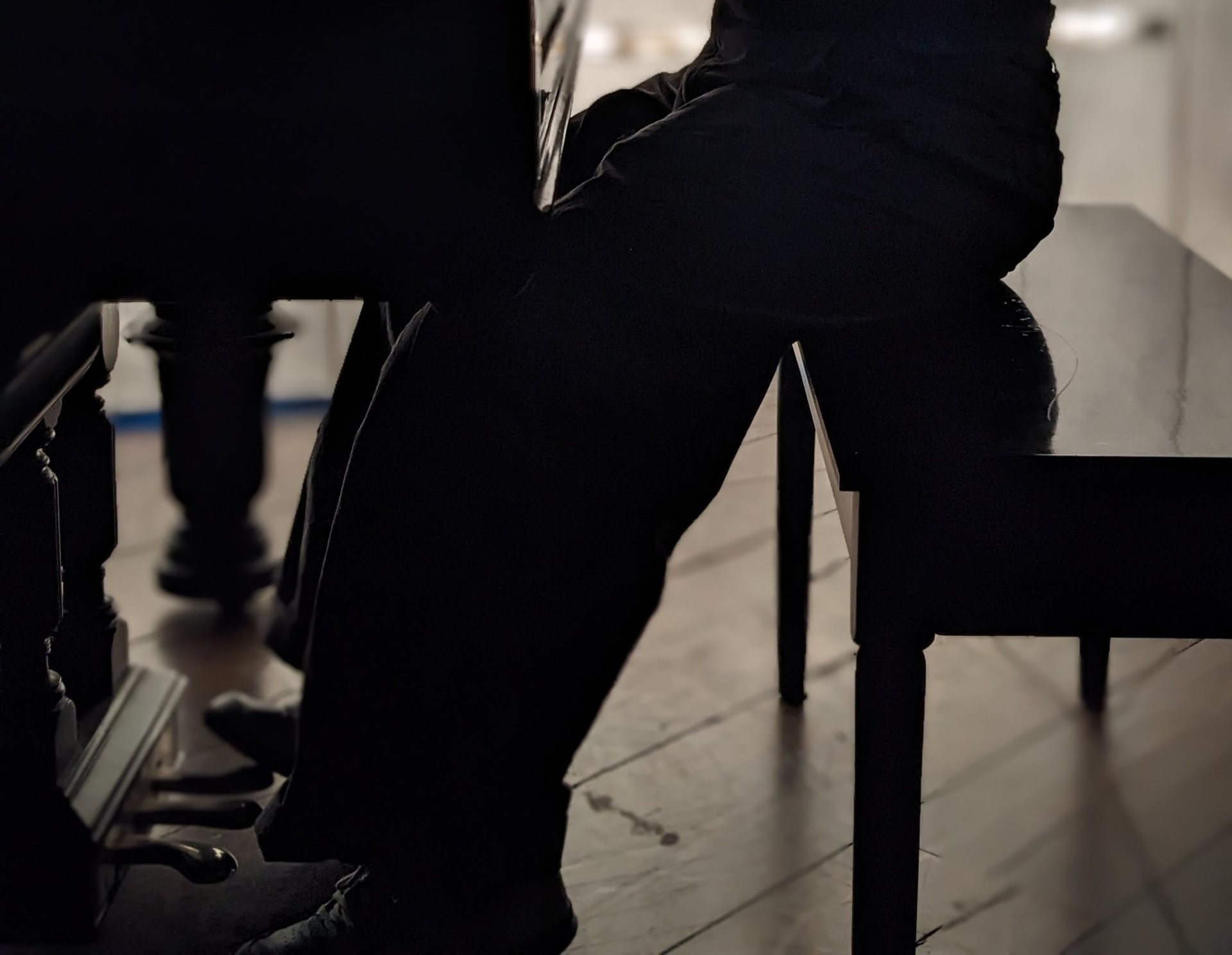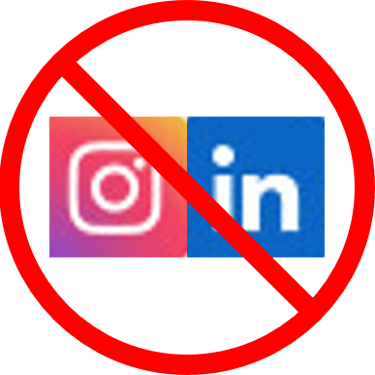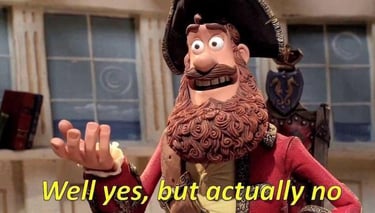

Q: does this mean you're not on social media?
A: correct
Q: why not?
A: short answer- because I don't want to
long answer - I'd like to think of myself as a conscientious objector to surveillance capitalism and the weaponization of data that fans the flames of every xyz-industrial complex that exists. The data collected by these companies go much further than what we post willingly; at this point we should assume they track every single bit of information on our phones — whether or not it's disclosed in their terms of service documents — like what webpages we visit outside of their services, what content we stop scrolling to look at and for how long, what's on our camera rolls, what we spend our money on, every single search engine query we've ever made, etc. and also includes real-world information such as our geographic locations, physical proximity to other phones (who we spend time with and where, or burner phones), what we do for work, what we do in our free time, and basically everything we can think of and probably everything that we can't think of too.
Combined with temporal and circumstantial pattern-tracking of the above information, and suddenly there exists a disturbingly intimate matrix of information that can probably describe ourselves better than we can, and that is very problematically collected, used, and sold without our informed knowledge or consent. Even more problematically, investigations from the 2019 documentary The Great Hack revealed that even if someone has never signed up for any of their services ever, Facebook still collects this information to build phantom profiles of these individuals, using the aforementioned proximity data, posts or photos that reference these individuals, and other methods that someone smarter than me can outline better than I can.
(Fun fact: at the time of writing this, I couldn't find any written references to back me up when I searched on the internet to fact-check myself on these phantom profiles. You literally have to watch the doc to learn about it. I'm sure there's no reason that Facebook, famous for their transparency and good faith corporate practices, would want this information to be scrubbed or obfuscated. If you find something to support or contradict what I've written above about these phantom profiles, you should totally contact me about it.)
Q: why are you such a hater, don't you have a gmail account? isn't this data collection just the cost of using their platforms for free?
A: to my greatest regret, I am only human
The issue with justifying quid pro quo data collection is that there's no real way to opt out. The ubiquity of these platforms in our daily lives aligns their role closer to that of public infrastructure, but with absolutely none of the commensurate accountability and oversight.
Q: don't these companies take measures to protect and anonymize our data?
A: short answer -
less short answer - 83% of Americans can be correctly re-identified from anonymized datasets using just 3 pieces of information: date of birth, gender, and ZIP code. That figure jumps to 99.98% when you add 13 other attributes that are fairly easy to find online such as occupation, marital status, etc. (source)
To nobody's surprise, these companies are also constantly found to be in violation of consumer protection laws. Check out Tech fines tracker, where you can see how much these companies get fined for mishandling user data, tax evasion, antitrust violations etc. You can also see how long it takes for them to pay off these fines with their free cash flow (which, at time of writing this, is measured in the single-digit days).
Q: why should I care about this when I've done nothing wrong and have nothing to hide?
Q: Do you wear clothes or use passwords? Would you be ok with losing the right to free speech just because you have nothing to say?
A: I view surveillance capitalism and the threat to digital privacy as similar to the issue of climate change. Both are complex, intersectional issues that affect every aspect of our lives today, and they also disproportionately affect under-resourced communities more severely.
The documentary mentioned above (The Great Hack) is a perfect example of what things can look like when all of this information is exploited by bad-faith actors: they investigated the role of Cambridge Analytica in the 2016 US presidential elections. Described by whistleblower and former employee Christopher Wylie as "a full-service propaganda machine", Cambridge Analytica was hired by Ted Cruz and Donald Trump’s campaigns in 2016 as a political consulting firm. They claimed to have up to 5,000 data points on every American voter, acquired from Facebook without the users' knowledge or informed consent. (remember the numbers from like half a page north of here?) With this information, they built detailed psychological profiles ("psychographic profiling") of these people (realistically, us, for those of us who were eligible to vote in this election) in order to “microtarget” them (us) with highly personalized political content and advertisements.
Potentially relevant context: Cambridge Analytica was a subsidiary of SCL Group, a company whose whole thing was "behavioral research and strategic communication": i.e. psychographic profiling → behavioral prediction → "strategic communication" (microtargeted propaganda and disinformation) → behavioral modification. Though both companies officially folded in 2018 as a result of this scandal, the main people at these firms went on to start companies that still exist at the time of writing this, including Auspex International, Emerdata Limited, and Data Propria (the latter of which was hired for Trump's 2020 presidential campaign).
For an insight into what they're probably up to these days, check out this insane leak from Brittany Kaiser, another whistleblower formerly employed by Cambridge Analytica as a director. She dropped over 100,000 internal documents about their work in 68 countries that reveal "the global infrastructure of an operation used to manipulate voters on 'an industrial scale'". Highlights from this article include:
"the Facebook data scandal was part of a much bigger global operation that worked with governments, intelligence agencies, commercial companies and political campaigns to manipulate and influence people, and that raised huge national security implications" (Brittany Kaiser)
[the documents contain] "emails that Kaiser says describe how the firm helped develop a 'sophisticated infrastructure of shell companies that were designed to funnel dark money into politics'" (article author)
from the paragraph following the above quote: “'There are emails between these major Trump donors discussing ways of obscuring the source of their donations through a series of different financial vehicles. These documents expose the entire dark money machinery behind US politics.' The same machinery, she says, was deployed in other countries that Cambridge Analytica worked in, including, she claims, Britain"
“There’s evidence of really quite disturbing experiments on American voters, manipulating them with fear-based messaging, targeting the most vulnerable, that seems to be continuing. This is an entire global industry that’s out of control but what this does is lay out what was happening with this one company.” (Dr. Emma L. Briant)
Q: wtf
A: ikr
Q: so like, what can we actually do about this?
A: tbh I have no idea. Realistically, probably very little, aside from being extremely critical about the media we consume - e.g. is it verifiably factually correct information? who and where is it coming from? what are their financial and/or political interests? is it provoking an emotional response, such as with the use of charged language or depictions? etc. You can read this to learn more about the actual tactics used for Trump's 2016 campaign and see if you can recognize the techniques of "strategic communication".
Q: aren't you worried about limiting your career prospects and growth without social media?
A: constantly
Q: where can I learn more about data privacy?
A: Privacy International has a great resource that explains everything here and more better than I can!
Q: you're a nut
A: correct

